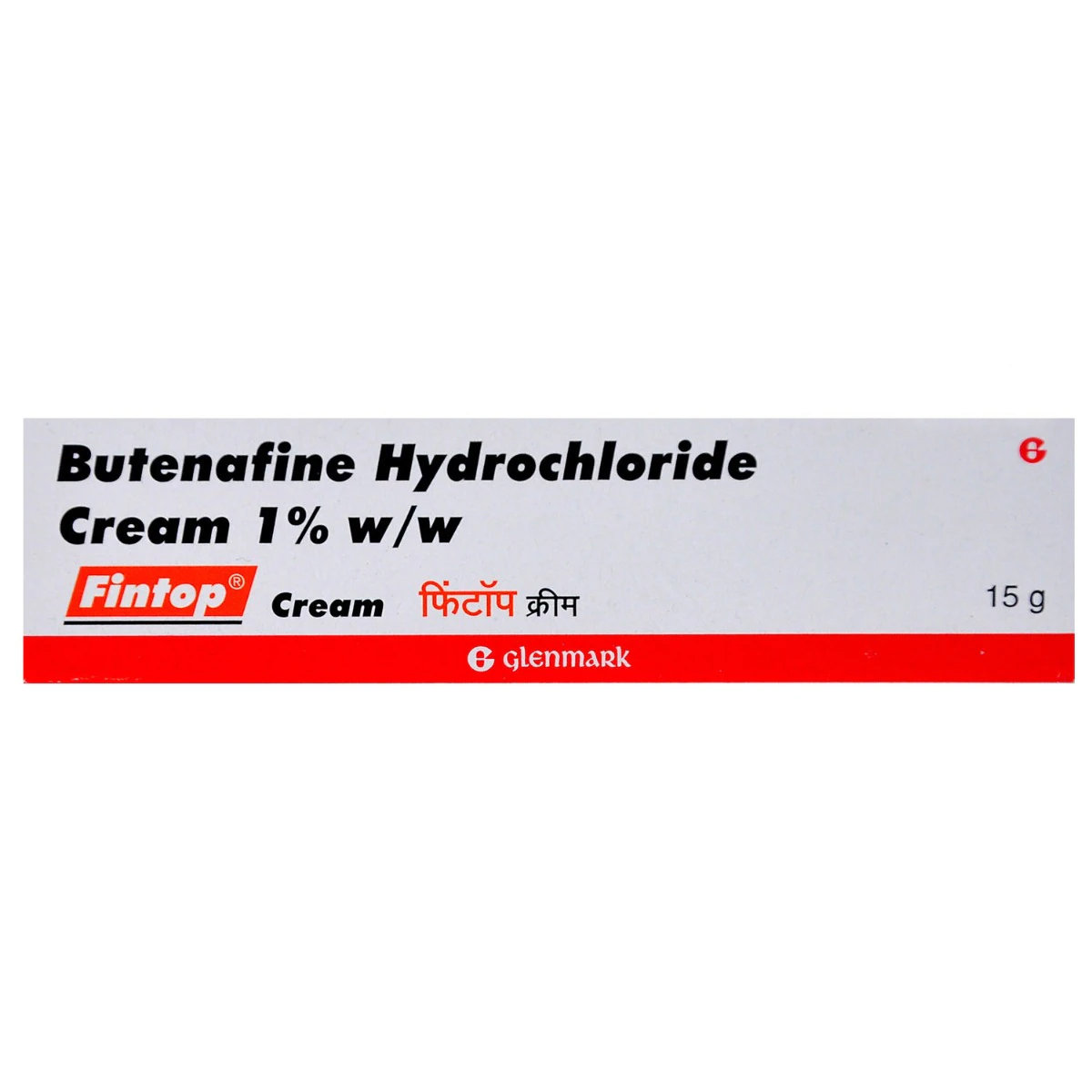Butenafine Hydrochloride
About Butenafine Hydrochloride
Butenafine Hydrochloride belongs to the class of anti-fungal medications known as benzylamines, primarily used to treat fungal skin infections. A fungal infection, or mycosis, is a skin infection caused by fungus.
Butenafine Hydrochloride comprises Butenafine, which kills the fungus or prevents its growth, thus killing and curing the infection.
Use Butenafine Hydrochloride recommended by the doctor. In some cases, Butenafine Hydrochloride may cause Contact dermatitis (skin rash), erythema (skin redness), irritation, and itching. The majority of these side effects eventually fade away over time without the need for medical intervention. Consult your doctor if any side effects worsen or persist.
Avoid using Butenafine Hydrochloride if you are allergic to any component in this medication. Do not use this medication unless prescribed by the doctor if you are a pregnant or nursing mother. Do not use other topical medications simultaneously with Butenafine Hydrochloride without a doctor's recommendation. Keep your doctor informed about your health condition and all the medicines you take to rule out any side effects. Butenafine Hydrochloride is not recommended in children as safety and efficacy were not established.
Uses of Butenafine Hydrochloride
Medicinal Benefits
Butenafine Hydrochloride belongs to the class of anti-fungal medications known as benzylamines, primarily used to treat fungal skin infections. Butenafine Hydrochloride comprises Butenafine, which kills the fungus or prevents its growth, thus destroying the fungus and curing the infection.
Directions for Use
Storage
Side Effects of Butenafine Hydrochloride
- Contact dermatitis (skin rash)
- Erythema (skin redness)
- Irritation
- Itching
Drug Warnings
Do not use Butenafine Hydrochloride if you are allergic to Butenafine or any of the other ingredients. If you are pregnant or nursing, consult your doctor before starting Butenafine Hydrochloride. Avoid using other topical products/medicines with Butenafine Hydrochloride unless prescribed by the doctor. Do not apply the Butenafine on open wounds or windburned or sunburned skin. Do not use Butenafine Hydrochloride in more than prescribed doses or on a large area of skin for a prolonged time, as it may cause adverse effects.
Drug Interactions
Drug-Drug Interactions: No interactions found/established.
Drug-Food Interactions: No interactions found/established.
Drug-Disease Interactions: No interactions found/established.
Drug-Drug Interactions Checker List:
Safety Advice

Alcohol
cautionNo reported interaction. But, it is best to avoid alcohol while taking medication.

Pregnancy
cautionButenafine Hydrochloride should not be used in pregnancy unless clearly necessary. If you are pregnant or suspect pregnancy, inform your before using this medicine. Your doctor will weigh the benefits and potential risks before prescribing Butenafine Hydrochloride.

Breast Feeding
cautionConsult your doctor. It is unknown if Butenafine is excreted in human milk. If you are breastfeeding, inform your doctor before using Butenafine Hydrochloride. Do not apply this medicine on or near your breast.

Driving
not applicableButenafine Hydrochloride has no or negligible influence on the ability to drive or use machines.

Liver
cautionLimited information was available about using Butenafine Hydrochloride in patients with liver disease. Inform your doctor before receiving the Butenafine Hydrochloride if you have a history of liver diseases/conditions. Your doctor will prescribe only if the benefits outweigh the risks.

Kidney
cautionLimited information was available about using Butenafine Hydrochloride in patients with kidney disease. Inform your doctor before receiving the Butenafine Hydrochloride if you have a history of kidney diseases/conditions. Your doctor will prescribe only if the benefits outweigh the risks.

Children
unsafeSafety and efficacy in pediatric patients below the age of 12 years have not been studied. Hence, it is not recommended to use this medicine in children.
Habit Forming
Diet & Lifestyle Advise
- Shower on a regular basis and properly dry yourself before clothing.
- Take warm baths with mild soap.
- Don't share your bedding, towels, or clothes.
- Wearing tights or tight underwear is not recommended.
- Do not scratch the infected area. Scratching the infected skin area may spread the illness to other body parts.
- Avoid harsh soaps and deodorants or any such products.
- Avoid intercourse till the thrush is treated.
- Avoid or limit your consumption of alcohol and caffeine.
- Reduce your intake of sugar, yeast, refined carbohydrates, and mouldy foods.
Special Advise
Do not cover the treated area unless advised by the doctor.
Patients Concern
Disease/Condition Glossary
Fungal skin infection: A fungal infection of the skin occurs when the fungus invades the skin tissue. Fungal infections can be contagious and spread from one person to another. Symptoms include skin irritation, scaly skin, redness, itching, scaly or flaky patches, and swelling. The most common type of fungal infections are ringworm, athlete's foot, jock itch, and yeast infections.
FAQs
Butenafine Hydrochloride comprises Butenafine, which works by destroying the fungus that causes the infection. Butenafine Hydrochloride damages the fungal cell membrane and causes the components to leak out, thus killing the fungus and curing the infection.
Do not stop applying Butenafine Hydrochloride even if the infection is reduced. Try to complete the full treatment course even if you feel better, as the infection can reoccur by abrupt stopping.
You are recommended not to use any other topical products with Butenafine Hydrochloride unless recommended by the doctor.
Do not apply the Butenafine cream on wounds, injuries, or irritated skin.
Unless directed by a doctor, do not use Butenafine Hydrochloride for more than four weeks. The fungus may become resistant to Butenafine Hydrochloride if used for prolonged durations.









